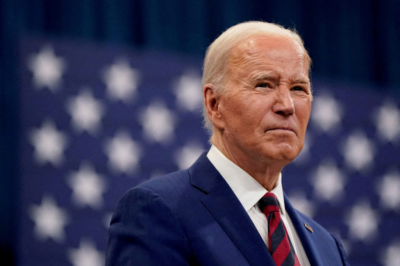
- Escalating Campus Tensions: Clashes between students and police on college campuses over Gaza have intensified.
- White House’s Reserved Response: Biden’s administration has made limited comments, focusing on monitoring and condemning antisemitism and unlawful protest actions.
- Political Repercussions: Republicans leverage the situation against Democrats, with former President Trump criticizing Biden’s lack of vocal leadership.
Why is President Biden staying quiet on campus protests? As tensions on college campuses rise in response to the Gaza conflict, President Joe Biden remains notably silent on the matter. This approach comes amidst increasing Republican efforts to use the campus unrest as a political tool against Democrats. Historically, Biden has preferred compromise over confrontation, which reflects in his reserved stance during the ongoing protests. His last significant public input condemned antisemitic elements of the protests, without directly addressing the broader upheaval.
Despite the escalating situation, the White House has been cautious, with Press Secretary Karine Jean-Pierre stating that the President is “monitoring the situation closely” and differentiating between peaceful protests and those that cross legal boundaries. This nuanced response has not quelled Republican criticism, with figures like House Speaker Mike Johnson and former President Donald Trump calling for more decisive action from Biden.
The Republican criticism aligns with their broader strategy of portraying the Democratic response as inadequate amid national crises, a narrative they hope will resonate with voters as similar tactics have in past election cycles. Meanwhile, Biden’s upcoming visit to Morehouse University on May 19 may present an opportunity for him to address the issue directly.
The ongoing situation poses a complex challenge for Biden, balancing the need for free speech with maintaining public order and addressing international policy implications. How the administration navigates these tensions could have significant implications for both domestic policy and electoral politics.






































Leave a Reply